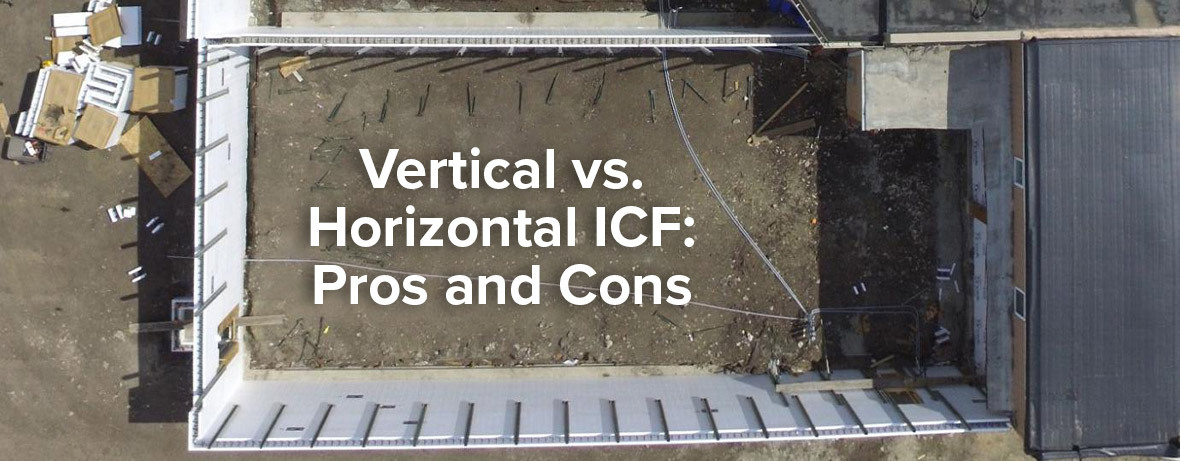
Vertical vs. Horizontal ICF: Pros and Cons
Both vertical and horizontal ICFs construction create moisture- and disaster-resistant walls with excellent R‑values. But which is the better ICF wall?

CMU Walls: Advantages, Disadvantages and A Better Option
Insulated concrete form blocks provide a host of advantages over traditional CMUs, including better energy efficiency, easier construction, and improved resilience.

How to Build a Self-Storage Facility
As urban areas expand and available space becomes limited, the need for self-storage facilities is on the rise. Selecting the right construction materials is key to ensuring a facility’s durability, energy efficiency, and long-term success.

Tips for Designing ICF House Plans With a Walkout Basement

6 Trends for New Resident Hall - Dormitory Design and Construction
United States (U.S.) student housing construction projects are experiencing rapid growth, with investments in student housing reaching $9.8 billion in 2016 and $8 billion in 2017.

Top 22 ICF Commercial Construction FAQs
Commercial ICF construction has strict standards, codes, budgets and timelines to follow, and making sure you implement ICFs accurately and efficiently is important. We compiled a list of the top ICF FAQs we get to help you feel confident in your decision to choose Insulated Concrete Forms for your next project.

Aluminum Stud Problems and a Better Alternative

6 Reasons Why Architects Choose to Design With Insulated Concrete Form (ICF) Construction

Building a Tsunami-Proof House with Fox Blocks
Building a tsunami-proof house requires strategic planning and the use of specialized materials. Coastal homes face unique challenges that demand solutions capable of withstanding powerful waves and the debris they carry.

How to Attach Siding to an ICF Substrate